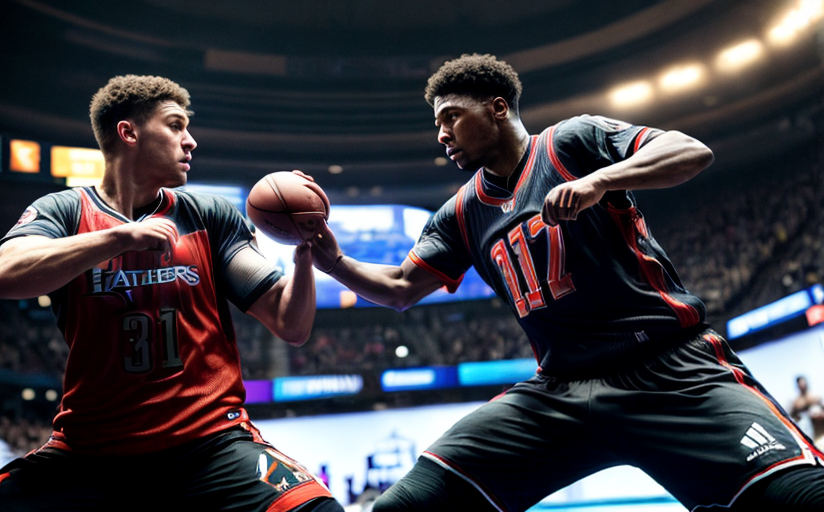Esports - A worthy combatant in the sports arena: Are Esports Real Sports?
For decades, the world of sports has been dominated by physical activities like football, basketball, tennis, and many more. These sports have long been revered for their physical and mental requirements, camaraderie, and often, for the pure joy of playing. However, with the rise of technology, a new kind of 'sport' - esports - has been gaining substantial attention and traction globally. But, is it right to term esports as a 'real' sport? Let's delve deeper into this argument.
What constitutes a Sport?
A sport, by definition, is an activity involving physical exertion and skill in which an individual or team competes against another or others for entertainment. By this definition alone, there seems to be somewhat of a divide as to whether esports can be categorized as a sport. While esports definitely require skill, competition, and provide entertainment, the element of physical exertion is where it arguably falls short. However, this isn't the end of the discussion.
Physical and Mental Skills in Esports
While esports may lack the conventional 'physical exertion' found in traditional sports, it cannot be denied that they require physical skills. Professional esports athletes show off remarkable hand-eye coordination, lightning-quick reaction times, and tactical precision, often over the course of long and grueling competitions. In addition, they undergo serious training regimens, involving physical workouts, strict diets, and sleep routines to keep their minds and bodies in peak condition.
On the mental front, esports are not any less demanding than their traditional counterparts. Strategy, quick-thinking, teamwork, and high-stress decision making are all integral parts of competitive gaming. What's more, the mental stamina required to maintain peak concentration for extended periods is an element that cannot be overlooked.
Societal and Official Acceptance
Perhaps the biggest deterrent in recognizing esports as 'real' sports is the societal and official acceptance. The traditional sports community has often viewed the inclusion of esports with skepticism, citing a lack of athletic ability as the prime argument. However, this perception is slowly shifting.
Organizations like the International Olympic Committee have started recognizing esports, considering them for inclusion in future Olympic events. Colleges offer esports scholarships, mainstream broadcasting networks showcase esports tournaments, and professional sports teams are investing in esports franchises. The general public’s acceptance is still mixed but is continuously growing as esports garners a wider audience.
Conclusion
While esports may not fit the conventional definition of sports as we know it, to dismiss them outright would be to ignore the significant skill, preparation, and competitiveness involved. As the world evolves and technology continues to permeate our lives, perhaps it's time to broaden our understanding of what qualifies as a sport. Just as traditional sports evolved and gained acceptance over time, esports are carving their own path and are undoubtedly making their mark in the arena of competitive physical and mental activities.



















Comments
Leave a Comment